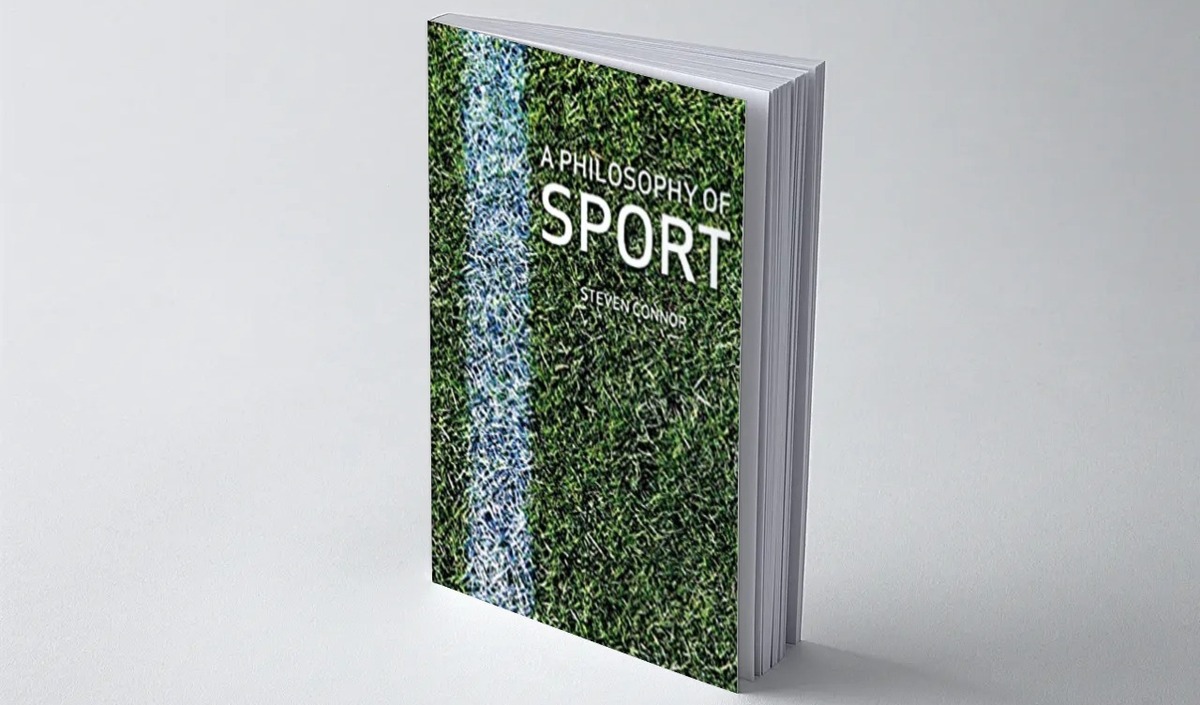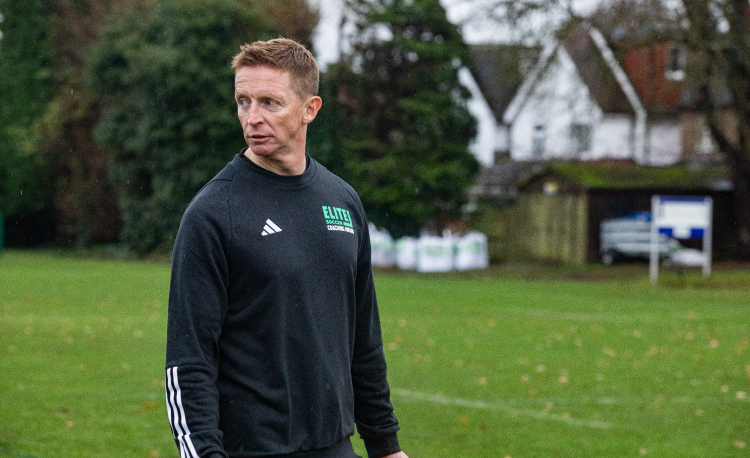You are viewing 1 of your 1 free articles
The philosophical world
Steven Connor’s take on the philosophy of sport is a revealing journey into the true workings of the sporting mind.
The notion of the philosophy in sport is one fired around by coaches, fans, players and pundits alike, but all too often we’re happy enough to let the phrase do the talking, without properly exploring what basis we give to what might also be described as the unwritten rule of competitive understanding.
To properly appreciate what goes into representing the frame of competition, we have to first explore where sport’s roots truly originate from, and Steven Connor’s understanding of this is better than any I’ve read previously. He judges ethics, aesthetics and logical categorisation in attempting to define what sport truly means, and why it is, as human beings, we have an appreciation of these most playful exercises.
Connor looks at the development of sport over time, and how its fit with the socio-political and economic values of this and past eras offers intriguing clues into why our obsession carries through generations. Indeed, the author comes to the conclusion that sport isn’t just a method by which we express ourselves in terms of pastimes and hobbies; it’s actually a necessity of our lives, an investment that, for 99% of the population of the world, fuels a passion and investment in competition. Without it, in fact, Connor ponders how and where we would channel such large deposits of energy and aggression. He surmises the fact that sport is shown to be one of the most powerful ways in which we negotiate the relationship between the human and natural worlds.
A Philosophy of Sport also uses the philosophical research of Hegel, Freud, Wittgenstein, Heidegger, Adorno, Sartre and others in presenting a landscape for how we feel today and, as importantly, how we should control and manage our passion for competition.
A soccer coach taking charge of a group of Under-9s on a Saturday morning may ask how relevant A Philosophy of Sport is to the core sensibilities of passing, dribbling and running. But the real ‘take out value’ of this book is in the way it encourages the reader to appreciate and react to the emotions and the decision-making that influences so much of soccer, no matter the age of the subjects or the standard of their play.
A good coach will know the thoughts and emotions that flood footballers’ minds both during and after a game. So appreciating why players behave the way they do, and how such feelings come tied to the same historical foundations as those sportsmen who had expressed them before, means we can manage and educate them to perform better... not only on the football pitch, but in their everyday lives as well.
A philosophy of sport, Steven Connor.
Editor's Picks
Using the goalkeeper in build-up play
Pressing principles
Intensive boxes drill with goals
Penetrating the final third
Creating and finishing
My philosophy
Pressing initiation
Compact team movement
Defensive organisation
Coaches' Testimonials

Alan Pardew

Arsène Wenger

Brendan Rodgers

Carlos Carvalhal

José Mourinho

Jürgen Klopp

Pep Guardiola

Roy Hodgson

Sir Alex Ferguson

Steven Gerrard
Related
Rousing, responsive and resilient
Third-player runs
Gareth Taylor: The path to success
Coaches' Testimonials

Gerald Kearney, Downtown Las Vegas Soccer Club

Paul Butler, Florida, USA

Rick Shields, Springboro, USA

Tony Green, Pierrefonds Titans, Quebec, Canada
Join the world's leading coaches and managers and discover for yourself one of the best kept secrets in coaching. No other training tool on the planet is written or read by the calibre of names you’ll find in Elite Soccer.
In a recent survey 92% of subscribers said Elite Soccer makes them more confident, 89% said it makes them a more effective coach and 91% said it makes them more inspired.
Get Monthly Inspiration
All the latest techniques and approaches
Since 2010 Elite Soccer has given subscribers exclusive insight into the training ground practices of the world’s best coaches. Published in partnership with the League Managers Association we have unparalleled access to the leading lights in the English leagues, as well as a host of international managers.
Elite Soccer exclusively features sessions written by the coaches themselves. There are no observed sessions and no sessions “in the style of”, just first-hand advice delivered direct to you from the coach.









